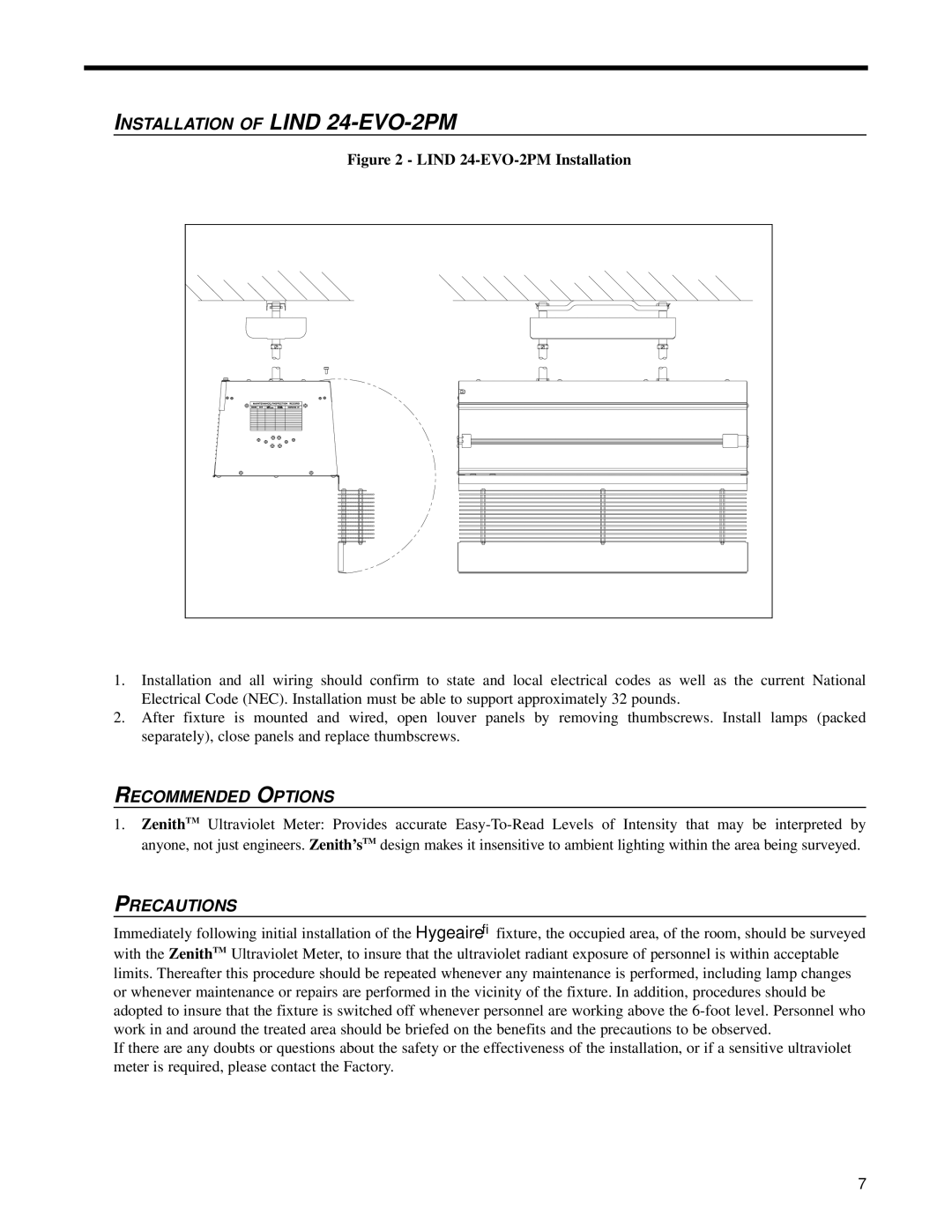Air Disinfection specifications
UltraViolet Devices (UVDI) specializes in advanced air disinfection technologies that harness the power of ultraviolet (UV) light to enhance indoor air quality and promote safer environments. With increasing concerns over airborne pathogens and pollutants, UVDI offers innovative solutions that cater to various settings, including hospitals, schools, and commercial facilities.One of the main features of UVDI's air disinfection systems is their use of UV-C light, a segment of the ultraviolet spectrum known for its germicidal properties. UV-C light efficiently inactivates a broad range of microorganisms, including bacteria, viruses, and mold spores. This technology provides an effective layer of defense against the spread of airborne illnesses, making it pivotal in healthcare settings where infection control is paramount.
UVDI employs cutting-edge technologies in its air disinfection products. For instance, the UVDI-360® Disinfection System utilizes a combination of UV-C light and advanced airflow engineering to ensure maximum exposure of air contaminants to the disinfecting light. This design allows for optimal air circulation, resulting in thorough disinfection of the air within a room or building. Additionally, UVDI’s products are engineered to be compatible with existing HVAC systems, making implementation seamless and efficient.
Another significant characteristic of UVDI’s air disinfection systems is their ongoing efficacy and low maintenance requirements. The company uses high-intensity UV-C lamps that have a long operational lifespan, ensuring consistent performance over time. Moreover, UVDI provides monitoring solutions that allow users to track system performance and ensure that air disinfection is being maintained at the required levels.
UVDI also emphasizes safety in its designs. The UV-C technology used is focused on air but does not pose risks to human health when used correctly in controlled environments. The systems are designed with user-friendly interfaces, making it easy for facility managers to operate and maintain them.
In conclusion, UltraViolet Devices is a leader in air disinfection solutions, combining powerful UV-C technology with innovative engineering to create effective and reliable systems for improving indoor air quality. With a strong focus on health and safety, UVDI continues to play a vital role in the fight against airborne pathogens, ensuring cleaner and safer environments for everyone.

